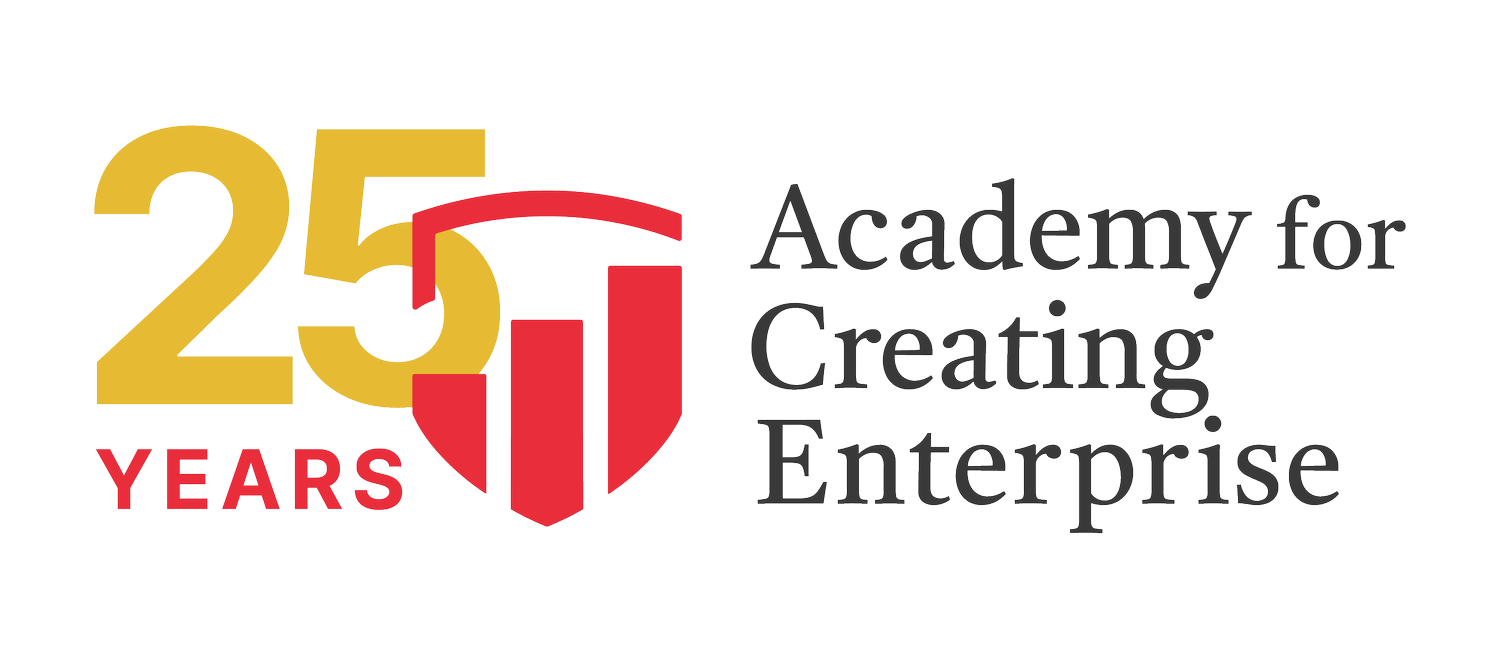What can we learn from the Philippines about surviving economic peril during COVID-19?
Easter morning Andrea Boccelli stood on the front steps of the Duomo, his voice raised in “Amazing Grace.” The producer included shots of the eerily vacant streets of the usually bustling economic capitals--Milan, London, New York. These quiet streets echo in neighborhoods across the world. Daily emails from our favorite organizations and local news articles remind us businesses are struggling everywhere. Perhaps even your business has been affected.
The Philippines, an archipelago of over 7,000 islands, boasted one of the wealthiest economies in Asia post-WWII. Today, it’s one of the poorest Asian countries. After a series of occupations by a variety of European and Asian countries, last of all by the United States, the Philippines declared their independence in 1946. However, because of unfortunate post-war circumstances, Filipino prosperity didn’t last. According to the Library of Congress, “the Philippines has failed to achieve a sustained period of rapid economic growth and has suffered from recurring economic crises.” In 2003, according to the World Bank, over 40% of Filipinos earned less than $2 per day.
In the United States, over 22 million unemployment claims were filed since COVID-19 shutdowns began. It may seem counter-intuitive, but now may be the perfect time to start or grow your business. To people to whom economic struggles are the reality of decades past, waiting for the perfect moment to start a business isn’t realistic--families need food every day. What can all the hardworking, recently laid-off people in the United States learn from a country that has faced consistent economic struggles?
Noreen Beja: Sell What the Market Will Buy
Noreen Beja owns a fashion clothes retail store in Cagayan De Oro. The COVID-19 threat immediately displaced her business. Knowing it would be difficult to push her clothes, she thought of using her remaining materials and her skill in sewing to make cloth face masks. Noreen posted an online announcement about her product and has since been inundated with inquiries and orders. Although delivery to other towns is still a challenge, she is benefiting from orders placed by neighbors and friends who live nearby.
What needs do you see in the market that you could fill? What skills do you have to alleviate some of the demand?
Richard Alfornon: Differentiate Your Business
Richard Alfornon owns a car wash business in Cebu. When quarantines and lockdowns were imposed, his business struggled immediately due to lack of cars on the streets. Richard quickly found a population of car owners with the capacity to go out but who are scared of getting infected by the equipment used in the car wash. With this knowledge, Richard found a solution to enhance his service. He found a portable disinfecting machine to show the remaining customers his business could ensure even higher levels of hygiene and disinfectant to stop the spread of the deadly virus. “I try to cope well with this virus challenge so that my car wash business could still generate even small income. I plan also to try and offer a service of disinfecting willing homeowners using this machine.”
How can you make your business safe and accessible even during a volatile time? Are your website, social media, and mobile payment methods up to date?
Capture the strength of community
When Academy founders Stephen and Bette Gibson began teaching business skills through the first residential program in the Philippines, they knew they couldn’t grow through such a closed and location-based program. That realization led quickly to the Academy Chapters system. Academy alumni gather monthly to support each other in a tight knit business community, harnessing generations of market understanding and tapping into potential suppliers and mentors. Chapter members learn new principles and troubleshoot business challenges together in a local system.
You’re not alone. Every business faces adjustments during this time of social distancing. Build your own chapter to trade ideas and find ways to strengthen your business.
Academy leadership in the Philippines are a strong example of community.
Who have you connected with in your community during the pandemic? Are there people who you can partner with to weather the storm? Who can you counsel with to solve the challenges your business is facing?
Philippines and Pandemic
On May 13 and 14, over 3,000 people gathered for the Academy’s first virtual entrepreneurship conference. In the past, technology notoriously challenged the success of such events, but the faithful Filipino people quickly transitioned to the digital format. Families gathered around cell phones or other devices to receive inspiration during the pandemic. Even more impressive was their commitment to participate through the typhoon raging outside. Regardless of the challenges the Filipino people face in their businesses, health, and families, they choose to have faith and carry on.
Considering the virus landed atop an already critically impaired economy in the Philippines, the tenacity of their hope, optimism, and dedication to helping those around them is an example we must follow to make it through our temporary troubles.
What about you? What message would you send to your brother and sister entrepreneurs in the Philippines? How did you act on their examples? Let us know your thoughts on social media with #covidwillnotlast and #thankyouPhilippines.


